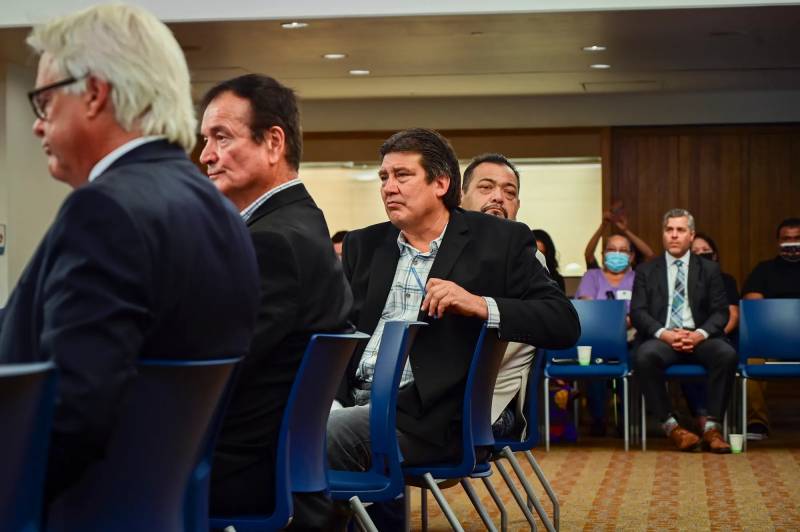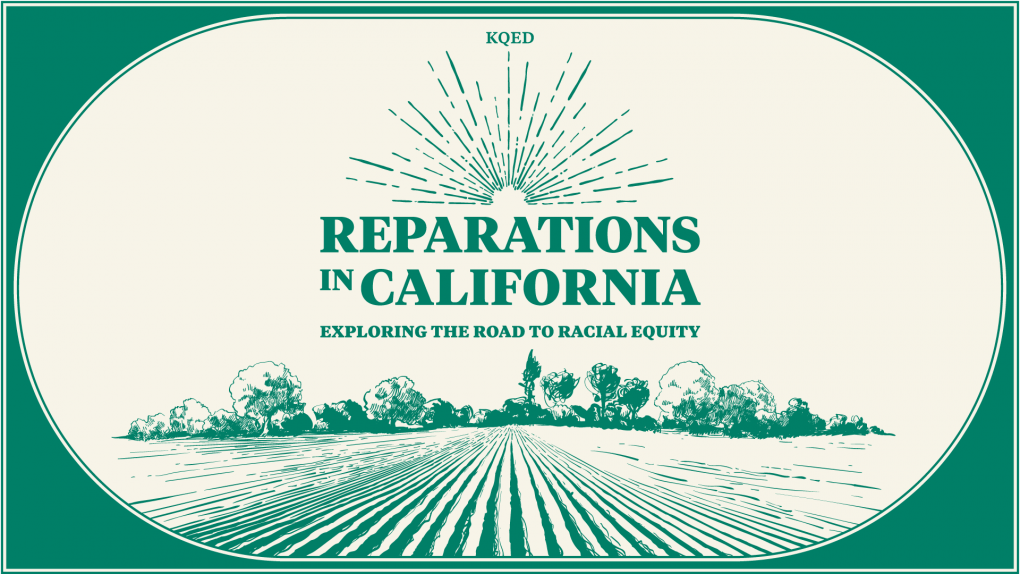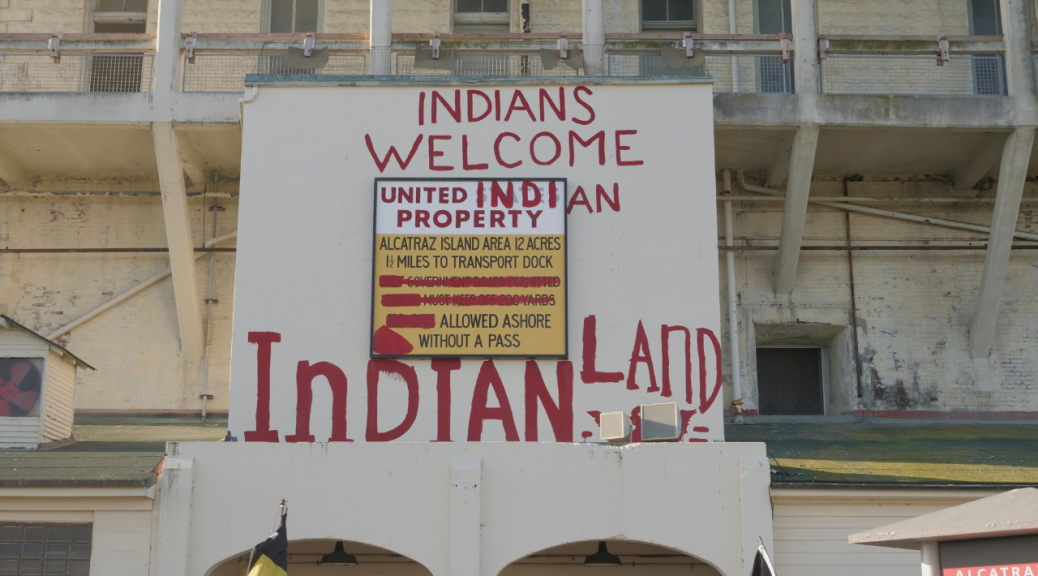When the board of University of California Hastings College of the Law sat down last Friday to discuss the next steps in changing the school’s name, California tribal leaders were at the table with them.
The meeting of the two groups was the latest development in a years-long process to redress violence perpetrated against Indigenous Californians by the college’s founder, Serranus Clinton Hastings. The law school isn’t just getting a new name: Under a bill now pending in the Legislature, it would also make reparations to tribes affected by Hastings’ actions.
Making sure tribal leaders are part of the conversation about the name change sets the tone for how restorative justice should be carried out, said the bill’s author, Assemblymember James Ramos, a Rancho Cucamonga Democrat and the first member of a California Native American tribe to serve in the state Legislature. Ramos is a member of the Serrano/Cahuilla Tribe.
“We’re laying the groundwork and a model for others to be able to follow when we’re dealing with these types of historical trauma that has been inflicted upon California Indian people,” he added.
The controversy dates back to 2017, when the university investigated how Hastings, the first chief justice of the California Supreme Court, promoted and funded massacres in the 1850s against the Yuki Tribe and other Indigenous Californians in the Eden Valley and Round Valley areas of what is now Mendocino County. A subsequent New York Times article looked at the university’s findings, sparking more widespread public outcry, and prompting the school’s board last year to sign off on the process of exploring a new name.



